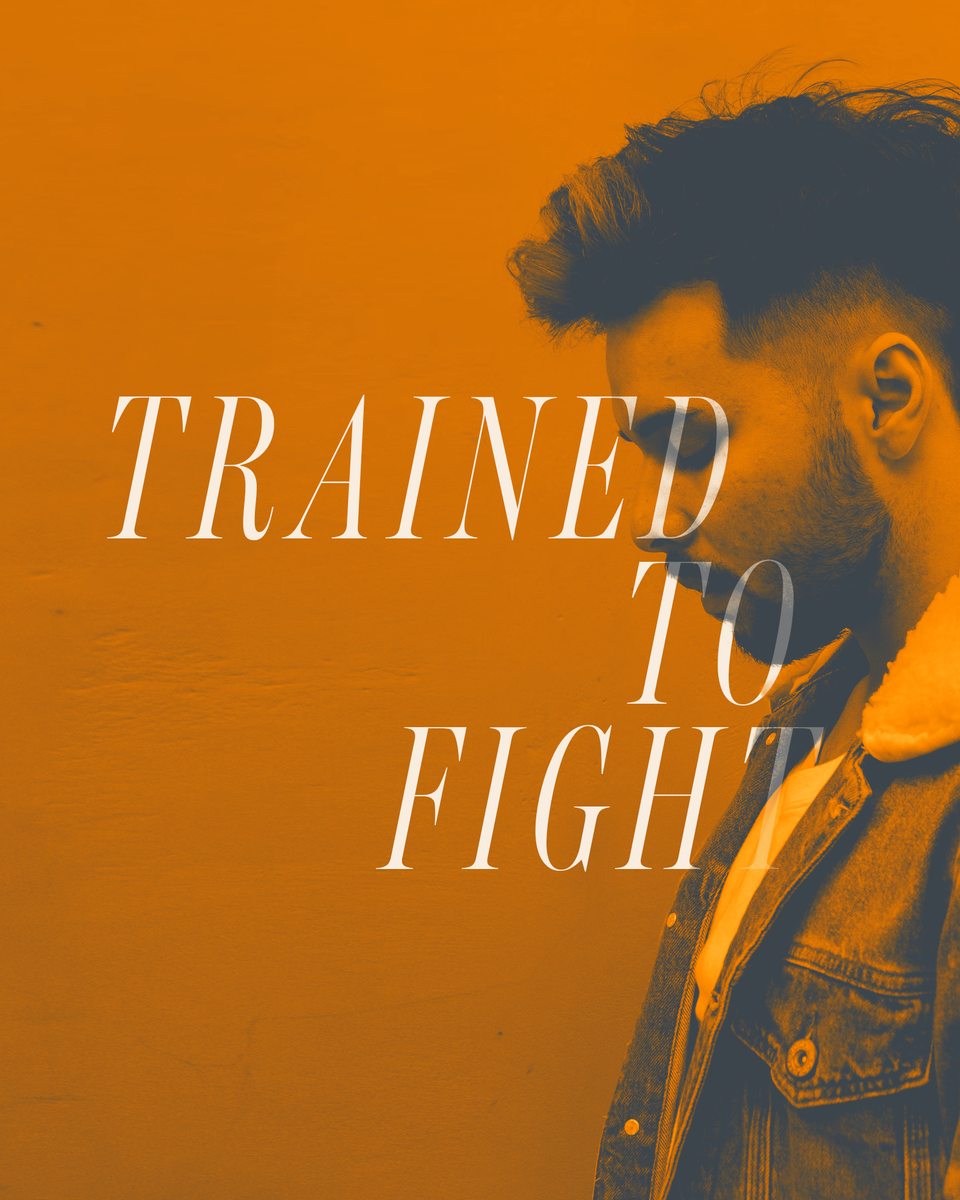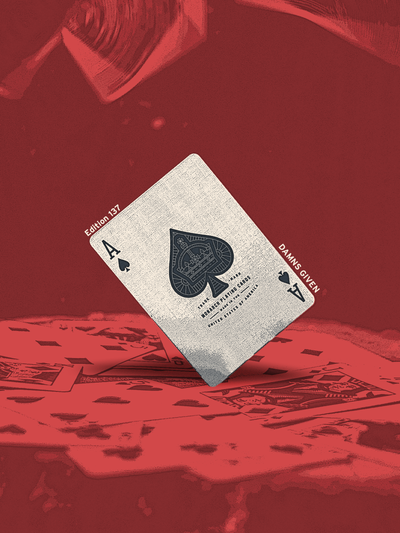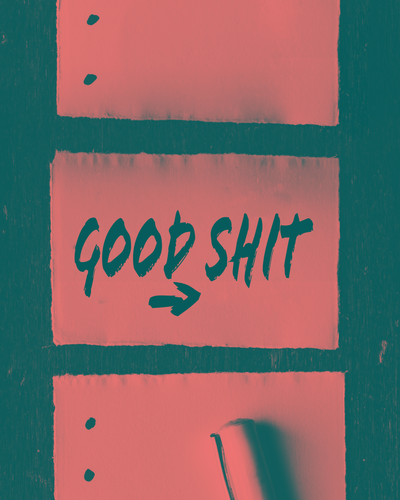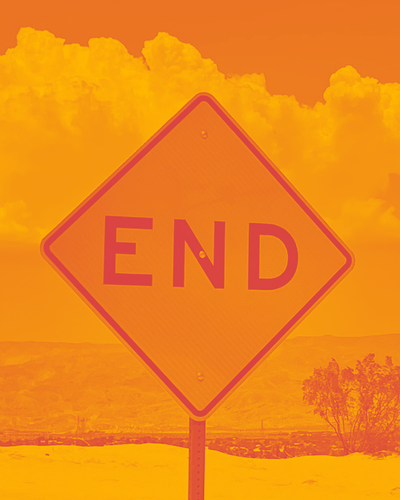
Episode 016 of the Damns Given Podcast (formerly Working/Broken)
Listen on Apple Podcasts | Listen on Spotify
Podcast Essay
(Read a summary, not a transcript, of the podcast)
Like a lot of dads, I spend a lot of time at soccer games. And after doing this for many years, I've noticed a real trend, one that in isolation I found unsettling, but when I connected it back to the larger trends, it was like finding a Rosetta Stone. It wasn't just soccer games. My wife works in athletics so I see a lot of teenagers playing sports. Moreso, I see a lot of adults watching teens playing sports.
And I started paying attention to a funny little ratio: the amount of time we spend cheering for the kids vs. yelling at the refs.
Our state soccer system is now aut0-forfeiting teams that try to bully the refs. The sound of muffled anger seems like it's everywhere... an overindex to what's wrong. We're not playing the game. We're playing the refs.
Not in isolated moments, but constantly. Coaches, parents, even the kids: attention has migrated from the field to the officials. The focus isn’t the game anymore. It’s the forces believed to be controlling the game.
The more I watched it, the more familiar it felt.
Because that’s not just happening on the sidelines. That’s happening everywhere.
We’ve absorbed the idea that someone else — the refs, the algorithm, “the system,” the market — is making the real decisions. We’ve internalized that the important action is happening somewhere we can’t reach. And when we believe that, we stop playing. We default to commentary, complaint, and critique. We decide to "game the algorithm" and trade thinking about clients to thinking about "attention." We've been sold a very well-crafted religion with bottom-dwelling consequences.
We don’t feel like participants in our own lives. We feel like spectators with opinions. Opinions demanded of us by algorithms.
The Era of What’s Broken
For the last several years, much of our collective conversation, in business especially, has been focused on diagnosing what’s broken. The sense of powerlessness is palpable as media and political forces surge to new heights, major economic trends being set in the inner sanctums of power, not in the field of open markets. A nearly ten year cyclical threat of recession while stock markets seem to fund one more precarious cliff out on the edge of the last precarious cliff.
There has been plenty to diagnose:
The internet is designed to extract, not connect.
Marketing playbooks fail more often than they work.
Leaders are exhausted by volatility, uncertainty, and noise.
Naming those dynamics was necessary. It helped us see clearly. It helped us stop pretending that “best practices” were still best for anyone except the platforms selling them. For those willing to listen, it helped raise alarms that they were unwillingly complicit in systems that were using them. Cory Doctorow's Enshittification lays it all out in perfect prose if you need a refresher.
But critique has a half-life.
You can only say, “This isn’t working,” so many times before the conclusion becomes, “And there’s nothing we can do about it.”
Once that becomes the story, disengagement becomes fait accompli.
Let's be straight, some of you have been reading these editions for a long time. Me=grateful. You? Maybe you're ready to go from the theoretical to the personal. But you don't know how. You're wondering if any of this actually applies to you and what working with me is like. I get it. That first call is always the hardest. I've tried to make it easy.
Just 20-minutes. Let's see where our world's collide.
We've been indoctrinated into vulnerability
When we universalize powerlessness, we behave accordingly. This is always true, but moreso when nearly every message we intake is laced with ruthless brainstem massage of the algorithmic web. We get microdosed adrenaline and cortisol. Fear and pride get the most clicks. Then the clicks appease us with more... a little dose of dopamine to sooth the endocrine system. Ten thousand years of evolution turned on us just so we can search for "What was the name of that dog from that show with that guy in it?"
It feels safer to play the refs than to touch the ball, in these scenarios. I get it and I'm seeing it everywhere. But the truth is far less dramatic than the story we’ve internalized:
We are not nearly as vulnerable as we feel.
Most of what we fear isn’t real; it’s rehearsed by algorithms and adrenaline. We still have agency — just not in the places we’ve been told to look.
- So instead of asking: “What else is broken?”
- We need to start asking: “How do we show up anyway?”
- What’s the next conversation you initiate, not the next controversy you analyze?
- What’s the smallest audience that actually matters, not the imaginary mass that might disapprove?
What’s the choice right in front of you, not the system outside your control?
We can’t wait until everything is fixed to start participating again. If the game is still on, then the game can still be played.
So next Saturday, when the whistle blows and the complaints start flying, here’s what I’m reminding myself: Eyes back on the field. There’s still a game happening. And I still have a say in it. And so do you.
Stay brains on, heart open, forward progress.





